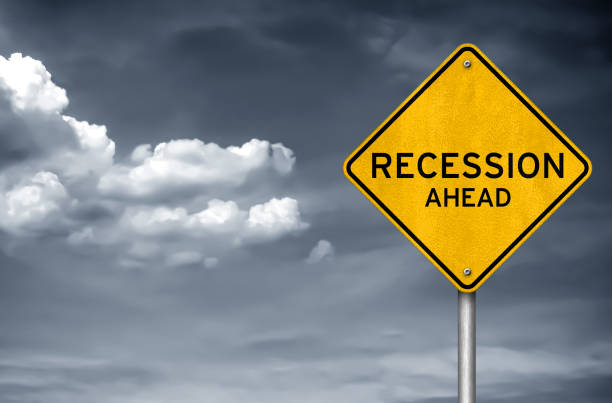The global economy is just one more knock away from a second recession in the same decade, something that hasn’t happened in more than 80 years.
That’s the latest warning from the World Bank, which on Tuesday sharply lowered its forecast for global economic growth.
The group now projects that the world economy will expand by just 1.7% this year, slamming developing countries that have already been hit hard by the pandemic and rising interest rates. It projects growth will tick back up to 2.7% in 2024.
“The crisis facing development is intensifying as the global growth outlook deteriorates,” World Bank President David Malpass said in a statement.
Elevated inflation, aggressive central bank policy, deteriorating financial conditions and shock waves from Russia’s invasion of Ukraine are all weighing on growth.
As a result, “further negative shocks” — from higher inflation and even tighter monetary policy to an uptick in geopolitical tensions — could be enough to trigger recessionary conditions, according to the World Bank.
The global economy shrank by 3.2% during the pandemic recession of 2020, before bouncing back strongly in 2021. The world last experienced two recessions in the same decade in the 1930s.
The organization said it expects the US economy to grow by just 0.5% in 2023. The 20 countries that use the euro, which have been battered by the war in Ukraine, aren’t expected to see any aggregate expansion at all. Both forecasts are much lower than they were in June 2022.
Growth in China is projected to pick up in 2023 following the lifting of Covid-19 restrictions, rising to 4.3%. But that forecast is also down from six months ago, reflecting ongoing shakiness in the country’s real estate market, weaker demand from other countries for products made in China and continued pandemic disruptions.
“The world’s three major engines of growth — the United States, the euro area and China — are undergoing a period of pronounced weakness,” the World Bank said in its report.
This pullback will also hurt poorer countries, which have already been feeling the effects of an uncertain economic climate, lower business investment and increasing rates. Rising borrowing costs can make it more challenging to deal with high levels of debt.
By the end of 2024, economic output in emerging markets and developing economies will be about 6% below levels that had been mapped out before the pandemic, according to the World Bank. Income growth is also expected to be slower than the average in the decade before Covid, making it harder to close the gap with richer nations.
Latest Stories
-
Mahama meets Mamprugu king over Bawku chieftaincy stalemate
12 minutes -
Mahama calls for robust investment to uplift vulnerable populations
22 minutes -
Policy Expectations of the New Government: A robust asset and liability declaration framework
1 hour -
Engender trust to resolve Bawku crisis – Former Defence Minister Dominic Nitiwul advises
2 hours -
Guardiola divorces wife of 30 years
2 hours -
Up to 4 in 10 people could develop dementia after 55. What you can do to lower your risk
2 hours -
Mohbad’s widow, father face-off over DNA test
2 hours -
US to remove Cuba from state sponsors of terror list
2 hours -
Jideofor Adibe: Democracy and its Discontents in Africa
2 hours -
Sierra Leone declares emergency over mpox outbreak
2 hours -
South Korean investigators arrest impeached President Yoon, ending weeks-long standoff
2 hours -
Attack on Electrochem sends wrong signals to investors – Ada Traditional Council
3 hours -
Couple in court for allegedly defrauding urban planner of GH¢320K
3 hours -
US markets watchdog sues Musk over Twitter stake disclosure
3 hours -
Bawku needs firm and fair governance to achieve lasting peace – Dominic Nitiwul
5 hours

